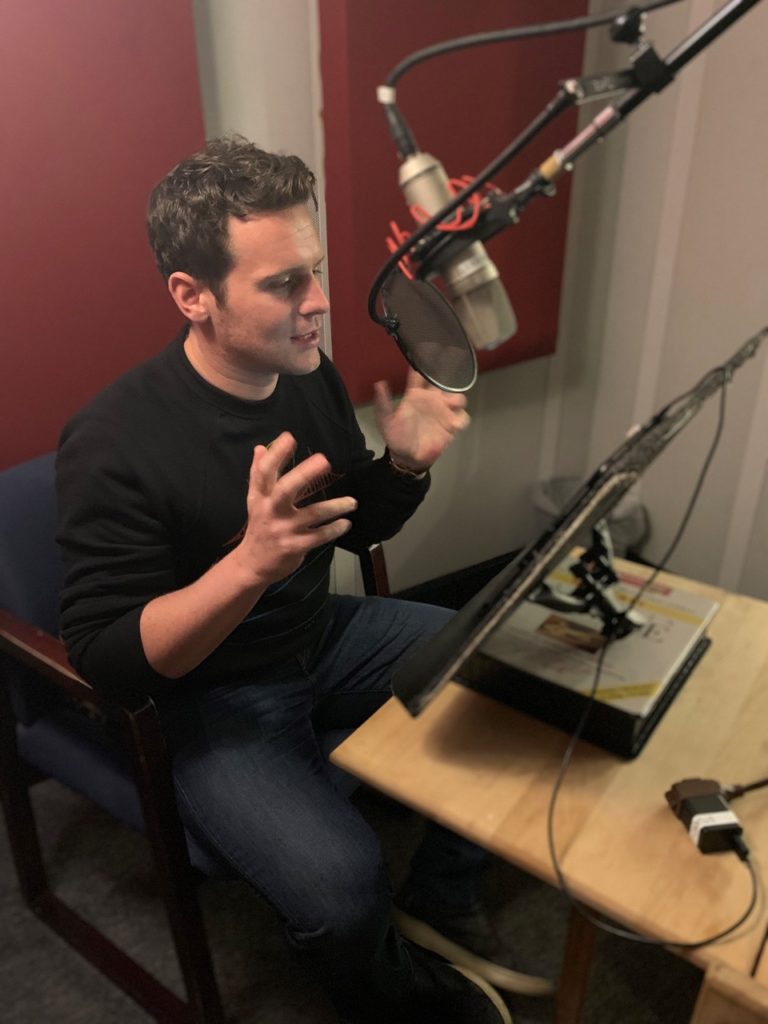In the world of criminal investigation, when the same thing or something similar happens repeatedly, we call it a pattern, it becomes a call to action and often leads to the solution of a series of cases.
We’ve got one such pattern going on now in the world of criminal justice. It is certainly a call to action, but rather than leading to a solution, it is its own problem. A serious problem. And maybe one we’ve had all along, but we’re only now beginning to come to grips with it.
As The Huffington Post headlined last week: “A Record Number Of Inmates Were Exonerated Last Year For Crimes They Didn’t Commit.”
Huffington‘s Michael McLaughlin reported the case of Nicole Harris, a young mother in Chicago who, in 2005, confessed to the asphyxiation murder of her four-year-old son Jacquari. She was convicted of first-degree murder and sentenced to 30 years in prison.
Only she didn’t do it. In fact, it wasn’t a murder at all. Jacquari became entangled with an elastic cord while playing Spiderman with his five-year-old brother. Chicago police had subjected her to 27 hours of intense interrogation until she finally broke. Now, more than seven years later, Ms. Harris has walked out of prison with a Certificate of Innocence signed by a judge.
Does this sound familiar? Does it sound like the interrogation of Jessie Misskelley, Jr., by the West Memphis, Arkansas Police Department? Does it sound like the interrogation of Amanda Knox by the Perugia, Italy Police Department? Does it sound like the interrogation of Martin Tankleff by the Suffolk County, Long Island Police Department that we wrote about last month?
Or does it sound like the interrogation of Deon Patrick, one of eight men arrested in Chicago in 1992 in connection with the deaths of a prostitute and a drug dealer? There was no physical evidence linking him to the crimes, and he proclaimed his innocence right from the start. But after 30 hours of police interrogation without an attorney, he signed a confession. He was convicted and sentenced to life, without parole. He spent 21 years behind bars before he was finally exonerated and freed last month.
Is this starting to look like a pattern?
Rob Warden, Executive Director of the Center on Wrongful Convictions at the Northwestern University School of Law in Chicago, noted, “After hours and hours of interrogation, people lose their resistance. Twenty, 30 hours with minimal sleep, and minimal food, and minimal ability to use the bathroom – at some point you’ll say absolutely anything to stop it.”
Coerced false confessions aren’t the only contributor to bad convictions. Brandon Garrett, a professor at the University of Virginia School of Law, has enumerated five common failings: false confessions, junk science, jailhouse informants, ineffective counsel and bad judging. There are remedies to each factor and we should not tolerate any of these abuses.
Why would police and prosecutors want to convict innocent people? That’s not justice; that’s fascism. And in any of the cases we’ve just enumerated, if the investigators really did believe their suspects were guilty, they weren’t doing their jobs properly.
Of course, not all cases are as clear cut as these, and most of the time when detectives investigate a suspect, they have legitimate reason to think he might be culpable. But enough of the clear cut variety are turning up that we see an obvious and recognizable pattern.
And that must be a call to action for all of us.




























Saul Kassin has a good article on how innocent people who grew up trusting authority are the most vulnerable during interrogations. They believe the (legal) lies the police are telling them, or at least are coaxed into strong self-doubt, and they willingly give away the store without a lawyer. It’s certainly not a problem repeat criminals have.
http://www.injusticeinperugia.org/Kassin.AP_innocense_at_risk.05_read.pdf
All the exonerations over the past two decades prove that both good and bad police can fixate on the wrong person too soon. Confessions, both real and false, contaminate other evidence. Witness testimony and crime lab work are affected when the people involved are aware that a suspect “confessed”. It’s just human nature.